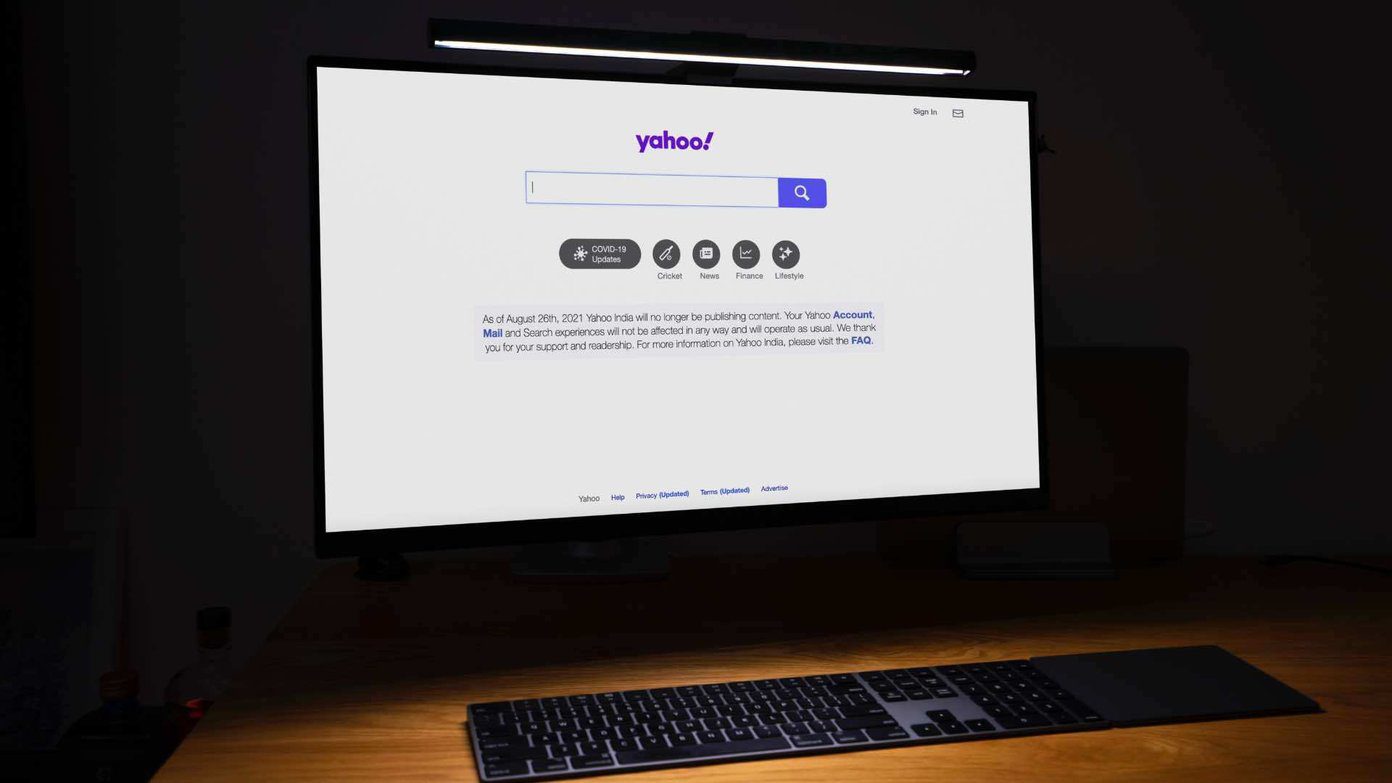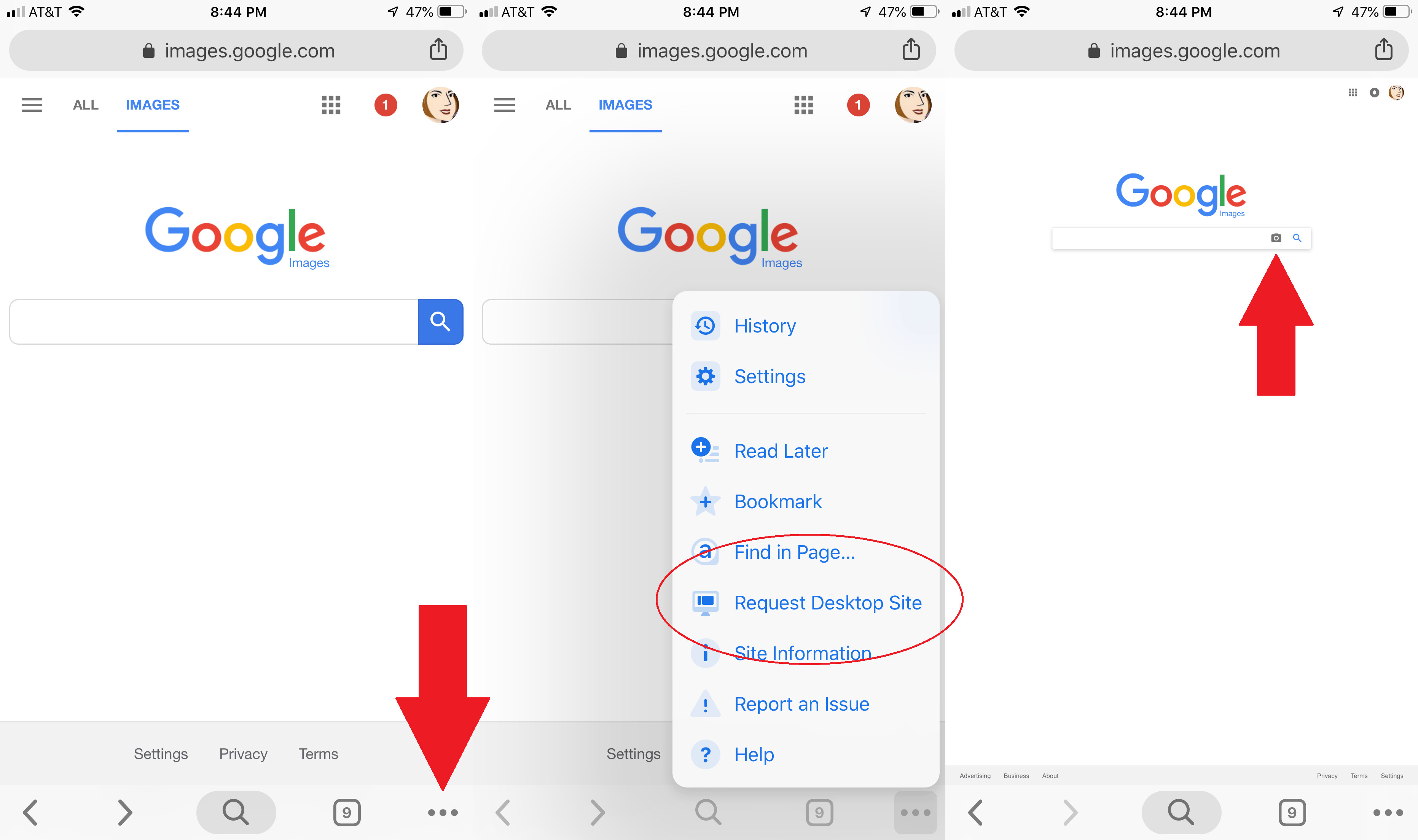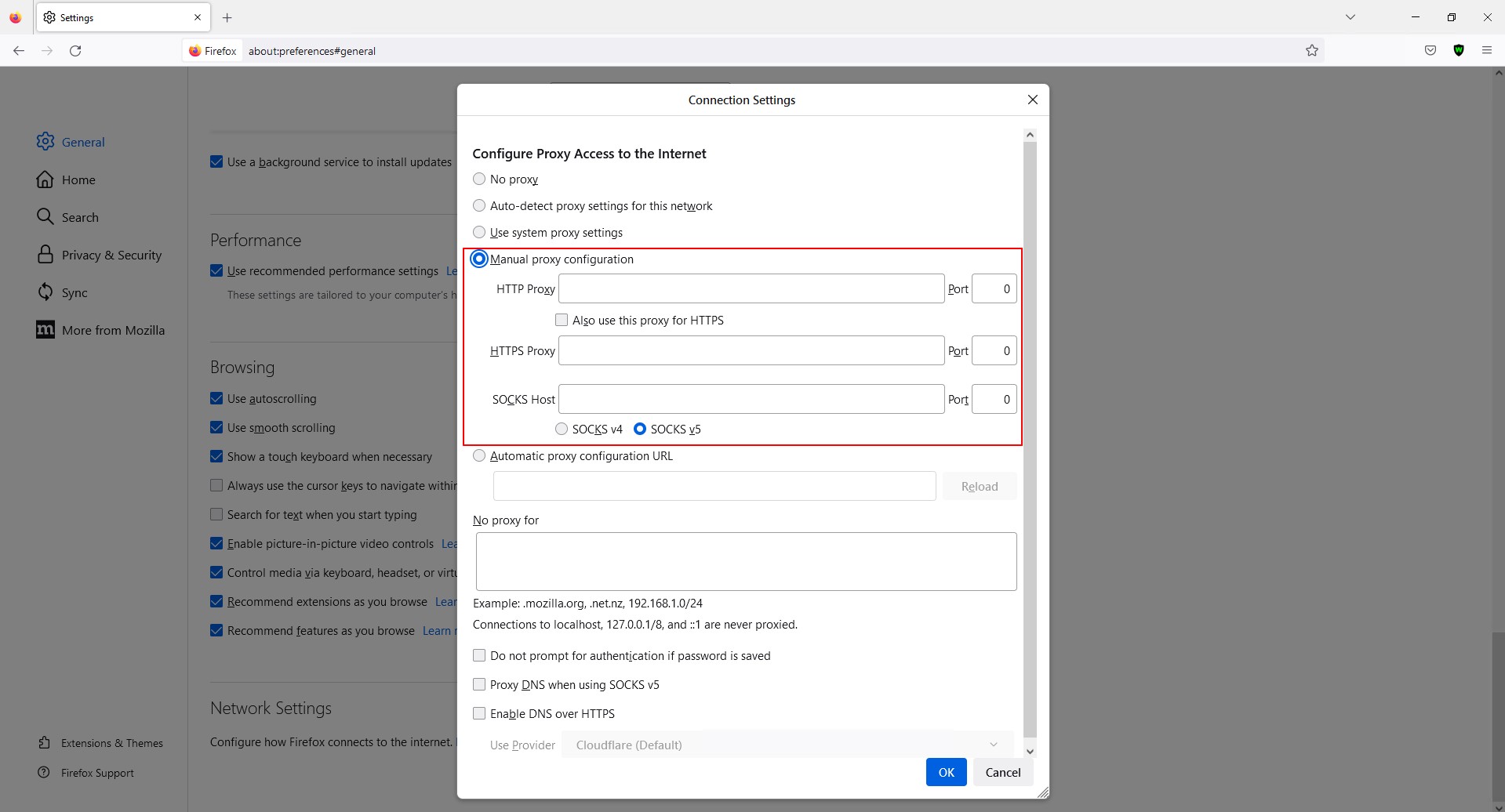Introduction
Welcome to the world of Internet Explorer, one of the most widely used web browsers in the world. As an internet user, you may have wondered which search engine is the default choice for Internet Explorer and how you can change it to suit your preferences. In this article, we will explore the default search engine for Internet Explorer, as well as provide you with step-by-step instructions on how to change it.
Internet Explorer, developed by Microsoft, has been a staple browser for Windows users for many years. Although it has seen a decline in popularity compared to other browsers like Google Chrome and Mozilla Firefox, many individuals and businesses still rely on Internet Explorer for their browsing needs.
When you open Internet Explorer for the first time, you might notice a search box located at the top right-hand corner of the browser. This search box allows you to search the web quickly without needing to navigate to a search engine’s website first. However, you may have wondered which search engine is powering these search results.
The default search engine for Internet Explorer largely depends on the version you are using and the region you are in. Microsoft has partnered with various search engines over the years to offer users a default search experience tailored to their needs.
A Brief Overview of Internet Explorer
Internet Explorer, often abbreviated as IE, is a web browser developed by Microsoft. It was first released in 1995 and quickly gained popularity, becoming the dominant browser in the 2000s. Internet Explorer is primarily used on Windows operating systems and comes pre-installed on most versions of Windows. While its market share has declined in recent years, it is still widely utilized by businesses and individuals.
Internet Explorer offers a user-friendly interface with a range of features that cater to the needs of different users. It allows easy navigation through websites, supports tabbed browsing, and provides essential tools such as bookmarks and history for efficient browsing. Internet Explorer also supports various web technologies, including HTML, CSS, and JavaScript, ensuring compatibility with a wide range of websites.
One of the notable features of Internet Explorer is its integration with other Microsoft products and services. It seamlessly integrates with Microsoft’s operating system, allowing quick access to features like system settings and file management. Internet Explorer also supports ActiveX controls, enabling the use of interactive elements and plugins on websites.
Over the years, Internet Explorer has evolved with updates and new versions, each bringing improvements and enhanced performance. Internet Explorer 11, the last major version released in 2013, introduced greater compatibility with web standards, improved security features, and faster performance compared to its earlier iterations.
It is important to note that Microsoft has shifted its focus to Microsoft Edge, a newer browser that offers enhanced features, improved security, and faster browsing experience. While Internet Explorer is still available for compatibility purposes, Microsoft encourages users to transition to Microsoft Edge for a more modern browsing experience.
In the next sections, we will delve into the default search engine for Internet Explorer and provide step-by-step instructions on how to change it to suit your preferences.
What Is the Default Search Engine for Internet Explorer?
The default search engine for Internet Explorer depends on the version you are using and the region you are in. Microsoft has partnered with different search engines over the years to provide users with a default search experience that suits their needs.
For many years, the default search engine for Internet Explorer was Microsoft’s own search engine, Bing. Bing offers a comprehensive search experience, providing users with relevant search results, images, maps, and more. It is designed to integrate seamlessly with other Microsoft services and products, making it a natural choice for Internet Explorer.
However, it is important to note that newer versions of Internet Explorer, such as Internet Explorer 11, have shifted their default search engine to the user’s default search provider in the Windows operating system. This means that if you have set a different search engine as your default in Windows, Internet Explorer will use that search engine as well.
For example, if you have set Google as your default search engine in Windows, Internet Explorer will automatically use Google for your search queries. This gives you the flexibility to choose the search engine that you prefer and have it integrated seamlessly into your browsing experience.
Moreover, if you are using an older version of Internet Explorer or have not set a specific default search engine in Windows, Internet Explorer may default to Bing as the search engine. This is because Microsoft has implemented Bing as the default choice for their browser to provide a consistent and optimized user experience.
In the next section, we will explore how you can change the default search engine in Internet Explorer, allowing you to use your preferred search engine for all your browsing needs.
How to Change the Default Search Engine in Internet Explorer
If you’re using Internet Explorer and want to change the default search engine to one of your preference, follow the simple steps outlined below:
- Open Internet Explorer and click on the gear icon in the top right corner of the browser window. This will open the Tools menu.
- From the Tools menu, select “Manage add-ons.”
- A new window will open with the Manage Add-ons options. Here, click on “Search Providers” in the left-hand sidebar.
- You will now see a list of search providers available for Internet Explorer. To add a new search engine, click on the “Find more search providers” link at the bottom of the window.
- You will be redirected to the Microsoft Internet Explorer Gallery, where you can browse and select various search engines.
- Choose your preferred search engine from the list provided. If it is not listed, you can also perform a search for the search engine in the “Search engine” box at the top right corner.
- Once you have found your desired search engine, click on the “Add” button next to it.
- A confirmation message will appear, asking if you want to add the search engine. Click “Add” to proceed.
- After adding the search engine, you will see it listed in the Manage Add-ons window. You can now set it as the default search engine by selecting it and clicking on the “Set as default” button.
- Finally, click “Close” to exit the Manage Add-ons window.
By following these steps, you can easily change the default search engine in Internet Explorer to your preferred choice. Now, whenever you perform a search using the search box in Internet Explorer, it will use your newly set default search engine to deliver the search results.
It’s worth noting that Internet Explorer allows you to have multiple search engines installed and switch between them as desired. To switch between search engines, simply click on the search engine icon in the search box and select the desired search engine from the drop-down menu.
In the upcoming sections, we will compare different search engines and provide insights into their compatibility and features within Internet Explorer.
Comparison of Search Engines for Internet Explorer
Internet Explorer offers users the flexibility to choose from a variety of search engines to meet their browsing needs. While the default search engine may vary depending on the version of Internet Explorer and your region, there are several popular options available. Let’s compare some of the main search engines for Internet Explorer:
Google: The Most Popular Choice for Internet Explorer
Google is undoubtedly one of the most widely used search engines, known for its speed, accuracy, and comprehensive search results. It provides users with relevant results from across the web, including webpages, images, videos, and more. Google also offers various additional features like Google Maps, Google Images, and Google News, making it a popular choice for Internet Explorer users who prioritize a diverse search experience.
Bing: Microsoft’s Default Search Engine for Internet Explorer
Bing, developed by Microsoft, is the default search engine for Internet Explorer. It offers a similar range of features and search capabilities as Google, including web search, image search, news, and more. Bing also integrates seamlessly with other Microsoft services, allowing users to access features like Cortana voice search and personalized news recommendations. For users who prefer a search experience aligned with Microsoft’s ecosystem, Bing is a viable choice.
Yahoo: A Viable Alternative for Internet Explorer Users
Yahoo, once a prominent search engine in its own right, now relies on Bing’s search technology to deliver search results. Yahoo Search provides a visually appealing interface with a focus on delivering personalized content and news, alongside traditional web search. It offers a range of additional features, including Yahoo Mail, Yahoo Finance, and Yahoo Sports, making it a popular choice among users who appreciate Yahoo’s broader ecosystem.
Other Search Engines Compatible with Internet Explorer
While Google, Bing, and Yahoo are the most recognized options, there are other search engines compatible with Internet Explorer that cater to specific needs. These include DuckDuckGo, a privacy-focused search engine that does not track user activity; Ask.com, a question-and-answer search engine; and Yandex, a Russian search engine popular in Eastern Europe.
When selecting a search engine for Internet Explorer, consider factors like search quality, additional features, ease of use, and personal preference. Each search engine offers a unique experience, so it’s worth trying different options to find the one that best suits your browsing needs.
In the next sections, we will provide more in-depth information on the default search engines for Internet Explorer, including their features, pros, and cons, to help you make an informed decision.
Google: The Most Popular Choice for Internet Explorer
When it comes to search engines, Google is undoubtedly the most popular choice among Internet Explorer users. Known for its speed, accuracy, and extensive search capabilities, Google has become synonymous with online search. Let’s explore why Google remains a top preference for Internet Explorer users:
Comprehensive Search Results: Google provides users with a vast index of webpages, ensuring that search queries yield relevant and diverse results. Whether you’re searching for information, images, videos, or news, Google excels at delivering comprehensive search results quickly.
User-Friendly Interface: Google boasts a clean and easy-to-navigate interface, allowing users to conduct searches with ease. The search results page is well-organized, offering a range of filters and options to narrow down the results based on specific criteria.
Additional Features: In addition to traditional web search, Google offers a range of additional features that enhance the search experience. These include Google Maps for location-based searches and directions, Google Images for finding and exploring images, Google News for up-to-date news articles, and Google Scholar for academic research.
Personalization: Google takes user personalization to the next level by providing tailored search results based on individual preferences and search history. This feature helps users find information that is relevant to their interests and can significantly improve the search experience.
Vibrant Ecosystem: Google’s ecosystem extends beyond search, offering a range of interconnected services like Gmail, Google Drive, Google Calendar, and Google Docs. This integration allows users to seamlessly access and manage their online activities within a unified environment.
While Google may be the default search engine for some Internet Explorer versions, it is important to note that you can always change the default search engine to Google if it is not already set. By following the steps mentioned earlier in this article, you can easily set Google as your default search engine in Internet Explorer.
Overall, Google’s popularity among Internet Explorer users stems from its reliable search capabilities, user-friendly interface, and comprehensive range of additional features. Whether you’re searching for information, images, videos, or anything else, Google remains a top choice due to its accuracy and extensive index.
Bing: Microsoft’s Default Search Engine for Internet Explorer
As the default search engine for Internet Explorer, Bing is an integral part of Microsoft’s ecosystem and offers a unique search experience for users. Let’s explore why Bing is a popular choice for Internet Explorer users:
Integration with Microsoft Services: Bing seamlessly integrates with various Microsoft services and products, providing a cohesive experience for users. This integration allows for features such as Cortana voice search, personalized news recommendations, and integration with Microsoft’s virtual assistant.
Visual Appeal: Bing offers a visually appealing search experience with its high-quality images and daily changing background, making the search engine visually engaging and refreshing. Users can also search for images and view them directly from the search results page.
Rich Results: Bing aims to provide users with a rich and informative search experience. It offers quick answers, interactive features, and in-depth information on various topics, making it a valuable resource for users seeking more than just web search results.
Maps and Local Search: Bing Maps provides a competitive alternative to other mapping services, offering detailed maps, driving directions, and additional features like street view and local business information. If you rely heavily on maps and local search, Bing’s offerings can be a valuable asset.
Rewards Program: Bing rewards users with points for using their search engine, which can be redeemed for various rewards, like gift cards or donations to charity. This program provides an incentive for users to choose Bing as their preferred search engine and engage with it regularly.
While Bing is the default search engine for Internet Explorer, you can choose to change it to another search engine if you prefer. However, if you are looking for a search engine that seamlessly integrates with Microsoft’s ecosystem and offers a visually appealing interface with rich and informative search results, Bing may be the ideal choice for your Internet Explorer browsing needs.
In the next section, we will discuss Yahoo, another popular search engine that relies on Bing’s technology to deliver search results and offers its own unique features for Internet Explorer users.
Yahoo: A Viable Alternative for Internet Explorer Users
While Yahoo may no longer be the dominant search engine it once was, it remains a viable alternative for Internet Explorer users. Yahoo Search, powered by Bing’s search technology, offers a unique search experience with its own set of features. Let’s explore why Yahoo can be a compelling choice for Internet Explorer users:
Personalized Content: Yahoo Search emphasizes personalized content and news, offering a range of features and a visually appealing layout. The search engine provides users with trending news articles, personalized news recommendations, and the ability to customize their homepage to display topics of interest.
Comprehensive Search Results: Yahoo strives to deliver comprehensive search results, providing users with relevant webpages, images, videos, and more. It also offers filters and refinements to narrow down search results based on different criteria, making it easier to find what you’re looking for.
Yahoo Mail and Other Services: Yahoo Search integrates seamlessly with Yahoo Mail, one of the most popular email services. This integration allows users to easily access their email account and perform searches within their inbox. Additionally, Yahoo offers a range of other services like Yahoo Finance, Yahoo Sports, and Yahoo Weather, enhancing the overall Yahoo Search experience.
Visually Appealing Interface: Yahoo Search presents search results in a visually appealing and organized manner. Its search results page includes various sections, such as related searches, images, videos, and news articles, providing users with a comprehensive overview of their search topic.
While Yahoo Search relies on Bing’s search technology, it offers its own unique features and appeals to Internet Explorer users who appreciate Yahoo’s broader ecosystem. Whether you value personalized content, comprehensive search results, or integration with Yahoo Mail and other services, Yahoo Search can be a viable alternative with a distinctive user experience.
It’s important to note that like other search engines, Yahoo can be changed to the default search engine of your choice in Internet Explorer. By following the steps outlined earlier, you can set Yahoo or any other search engine as your default, tailoring your browsing experience to your preferences.
In the next section, we will discuss other search engines that are compatible with Internet Explorer, offering even more options to meet your browsing needs.
Other Search Engines Compatible with Internet Explorer
In addition to popular choices like Google, Bing, and Yahoo, there are several other search engines that are compatible with Internet Explorer. These search engines offer unique features and cater to specific needs. Let’s explore some of the notable options:
DuckDuckGo: DuckDuckGo is a privacy-focused search engine that places a high emphasis on protecting user data. It does not track user activity or collect personal information, making it a popular choice among privacy-conscious users. DuckDuckGo also offers instant answers and provides search results from various sources, including Bing and its own web crawler.
Ask.com: Ask.com is a question-and-answer search engine that focuses on providing direct answers to user queries. It utilizes a database of questions and answers, giving users a quick response without having to browse through webpages. Ask.com is particularly useful when looking for specific information or seeking concise answers to specific questions.
Yandex: Yandex is a Russian search engine that offers a range of services, including web search, image search, and even email. While primarily popular in Eastern Europe and Russia, Yandex provides search results in multiple languages, making it a viable option for users around the world. It also offers additional features like maps, news, and a cloud storage service.
These are just a few examples of search engines that are compatible with Internet Explorer. Each search engine has its own unique features and strengths, catering to different user preferences and priorities. Depending on your needs, you may find that one of these alternative search engines provides a better fit for your browsing experience.
It’s worth noting that regardless of the search engine you choose, you can easily set it as the default search engine in Internet Explorer by following the instructions provided earlier in this article. This allows you to tailor your browsing experience and use the search engine that best aligns with your preferences.
Keep in mind that the availability and compatibility of these search engines may vary depending on the version of Internet Explorer you are using. It’s always recommended to check the compatibility of the search engine with your specific browser version before making a switch.
Now, armed with this information, you can explore different search engine options and find the one that offers the features and capabilities that best align with your browsing needs.
Conclusion
In the world of Internet Explorer, the default search engine plays a critical role in providing users with a seamless and efficient browsing experience. With options like Google, Bing, Yahoo, and other compatible search engines, users have the flexibility to choose the search engine that best suits their needs and preferences.
Google, renowned for its accuracy and comprehensive search results, remains the most popular choice among Internet Explorer users. Its user-friendly interface, additional features, and integration with other Google services make it a top contender for those seeking a powerful and versatile search engine.
Bing, as the default search engine for Internet Explorer, offers a compelling alternative with integration into Microsoft’s ecosystem, visually appealing search results, and its own set of unique features. For users who appreciate the Microsoft ecosystem and prefer a visually engaging search experience, Bing can be an excellent fit.
Yahoo, powered by Bing’s technology, provides personalized content, comprehensive search results, and integration with Yahoo Mail and other services. It appeals to users who value personalization and enjoy accessing a broader range of services within the Yahoo ecosystem.
In addition to these top choices, other search engines like DuckDuckGo, Ask.com, and Yandex offer specialized features and cater to specific preferences. Whether it’s privacy-focused searching, question-and-answer queries, or specific regional needs, these alternative search engines expand the range of options available to Internet Explorer users.
Regardless of the search engine chosen, Internet Explorer users can easily change their default search engine to align with their preferences. By following a few simple steps, users can set their preferred search engine, providing a tailored browsing experience that meets their needs.
As technology continues to evolve, so do the choices available for search engines in Internet Explorer. It’s important for users to explore and experiment with different options to find the search engine that provides the most relevant and satisfying search results.
So, whether you prefer the familiarity of Google, the integration options of Bing, or the personalized experience of Yahoo, the choice is yours. Explore the various search engines compatible with Internet Explorer and find the one that enhances your browsing experience and helps you find the information you need quickly and efficiently.

























